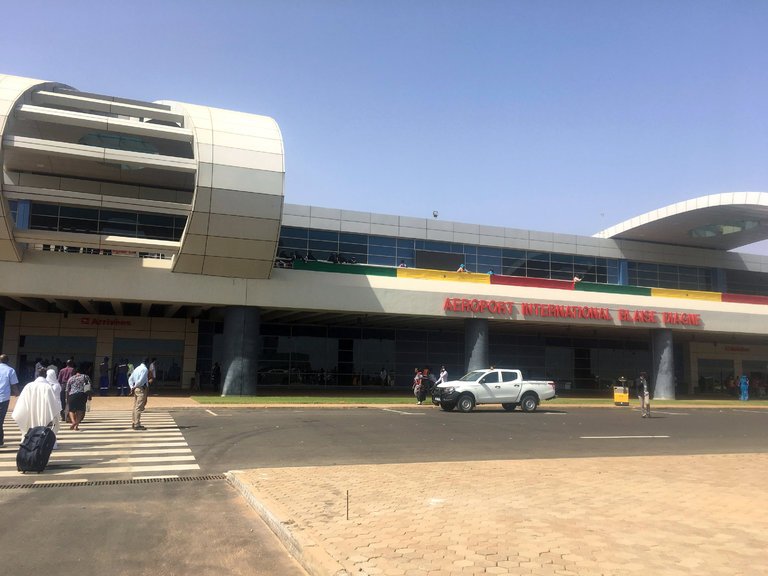
A decade after construction began, Senegal opened a new airport on Thursday, the centerpiece of an ambitious plan to try to catapult the nation to become a top economic player in West Africa.
President Macky Sall and other officials gathered at the $575 million airport, about a 90-minute drive from the center of Dakar, the capital, for an inaugural flight Thursday morning. Mr. Sall told crowds holding posters of him that it was now open for business. He boarded a plane that rushed down the runway as helicopters and military jets buzzed around the terminal.
The new Blaise Diagne International Airport is part of the president’s “Emerging Senegal” plan. He hopes to energize the economy by creating both the airport and new city outside Dakar.
The development includes a conference center, new research centers, hotels and a special economic zone intended to lure new industries. All are along a new asphalt toll road leading from Dakar’s center.
Mr. Sall is trying to position Senegal to expand its steadily growing economy, which in past years has slowly diversified beyond the peanut farming that the country relied on when it broke free of colonial ties to France decades ago. Besides peanuts, it now grows rice and cotton, and the nation has also developed its fisheries and its mining industry.
With a currency guaranteed by the French treasury and — most important — its long-stable political environment, Senegal has huge potential, according to analysts. Optimism is palpable in Dakar, where pounding from hammers rings out all day at construction sites for seaside apartment complexes and offices.
The nation’s stable democracy “compensates for some weaknesses Senegal might have,” said Aurélien Mali, a senior analytical adviser for Africa for Moody’s.
One weak spot is the nation’s huge debt level, which amounts to 60 percent of its annual economy. The country also has vast numbers of unemployed young people, some of whom risk their lives crossing the Mediterranean to get to Europe in the hope of finding work.
Other countries in the region, including Mali and Burkina Faso, have growing economies, and Nigeria is a top economy on the continent.
Senegal’s chief rival is Ivory Coast, which has a much larger economy. But Ivory Coast was shaken when civil war broke out in the early 2000s, and aid groups and corporations moved their headquarters to Dakar. More recently it has experienced two terrorist attacks at hotels, scaring off potential tourists and businesses.
The new airport may give an edge to Senegal. It’s one of the biggest and most expensive compared with several that have recently replaced older airports in Ivory Coast and Togo or are in the works elsewhere in the region. Senegal also has a geographic edge over other nations: It is the closest point on the continent to the Americas.
NY TIMES






